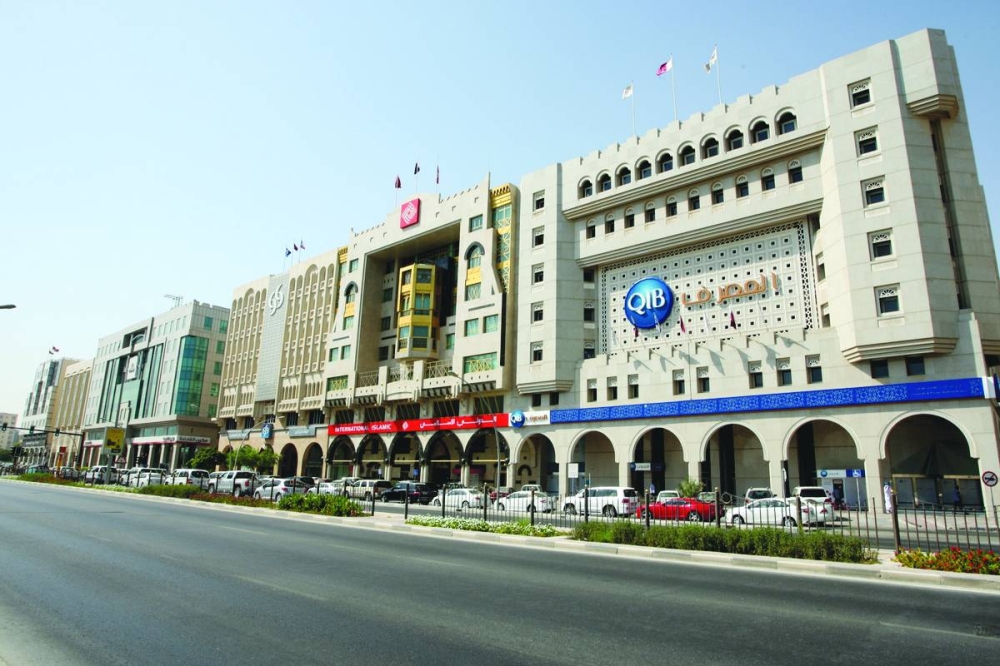The Qatari authorities are taking steps to limit local banks’ reliance on short-term non-resident deposits and external funding, the Economist Intelligence Unit (EIU) has said in a report.
The Qatari banking sector is “well regulated”, EIU said and noted “strong prudential indicators insulate local banks from a deterioration” in asset quality. Banks’ profitability has been “bolstered” by higher interest rates and a larger net interest margin.
Since the authorities are taking steps to limit Qatari banks’ reliance on short-term non-resident deposits and external funding, EIU noted that it will address the large negative net foreign asset position of Qatar's banks.
According to EIU, the riyal's peg to the dollar will continue to be backed by healthy foreign reserves and the huge assets of the Qatar Investment Authority (the sovereign wealth fund), estimated at about $475bn.
As in the case of Qatari banking sector, EIU has assigned ‘BBB’ rating for the local currency. The rating, it said, is supported by strong international demand for Qatar's hydrocarbons exports, a large current-account surplus and a restrictive monetary policy stance.
Qatar's sovereign credit strengths are large fiscal and current-account surpluses, which are expected to limit borrowing, and huge external assets. The country’s public debt has fallen sharply over the past two years.
High energy prices, though falling below their recent peaks, will support a strong trade position in 2023-24 and ensure external liquidity is comfortable,” EIU said, assigning sovereign risk rating at ‘A’.
The economic structure risk is BB-rated, it said. Qatar's over-reliance on hydrocarbons exports remains a vulnerability, exposing the country to global energy price movements.
In its previous update, EIU noted Qatar's overall business environment score improved, from 6.60 for the historical period (2017-21) to 7.74 for the forecast period (2022-26).
This has helped Qatar's global ranking to improve by 15 places, from 36th to 21st, although it retains its regional ranking, in third place. The largest improvements in terms of scores are in the infrastructure and market opportunities categories, it said.
“Qatar's fairly open foreign investment regime, open trading relationships with regional partners and sophisticated capital markets will remain strong aspects of its business environment. The main shortcomings are in policy towards private enterprise and competition and in access to financing for small and medium-sized enterprises; these are expected to improve in the medium term,” EIU said.
Business
Qatar taking steps to limit banks' reliance on short-term non-resident deposits, external funding: EIU

The Qatari banking sector is “well regulated”, EIU said and noted “strong prudential indicators insulate local banks from a deterioration” in asset quality. Banks’ profitability has been “bolstered” by higher interest rates and a larger net interest margin.

